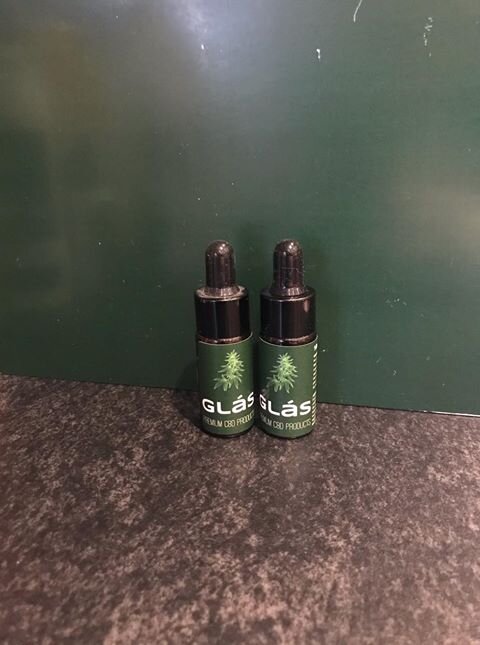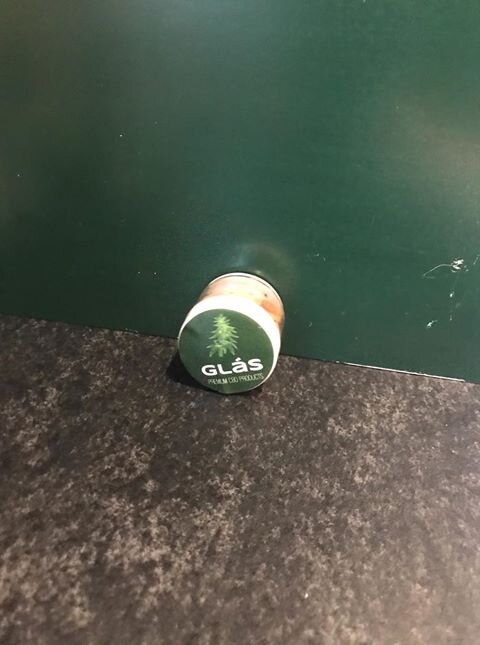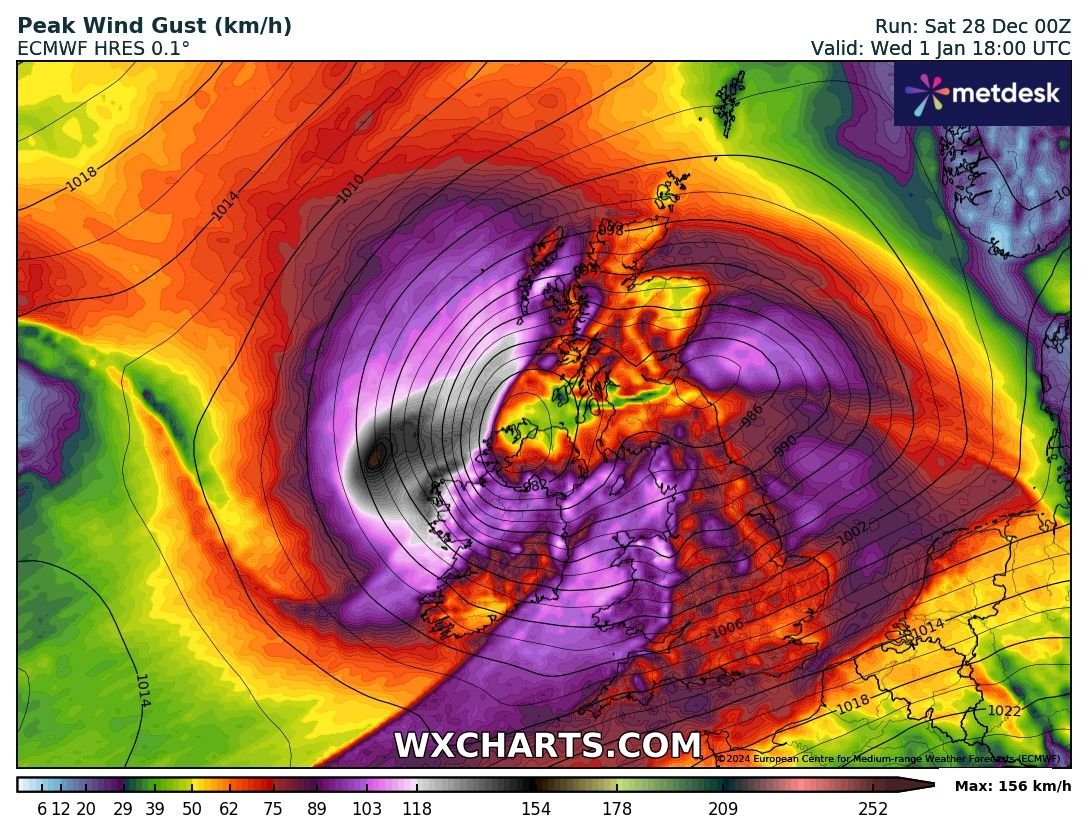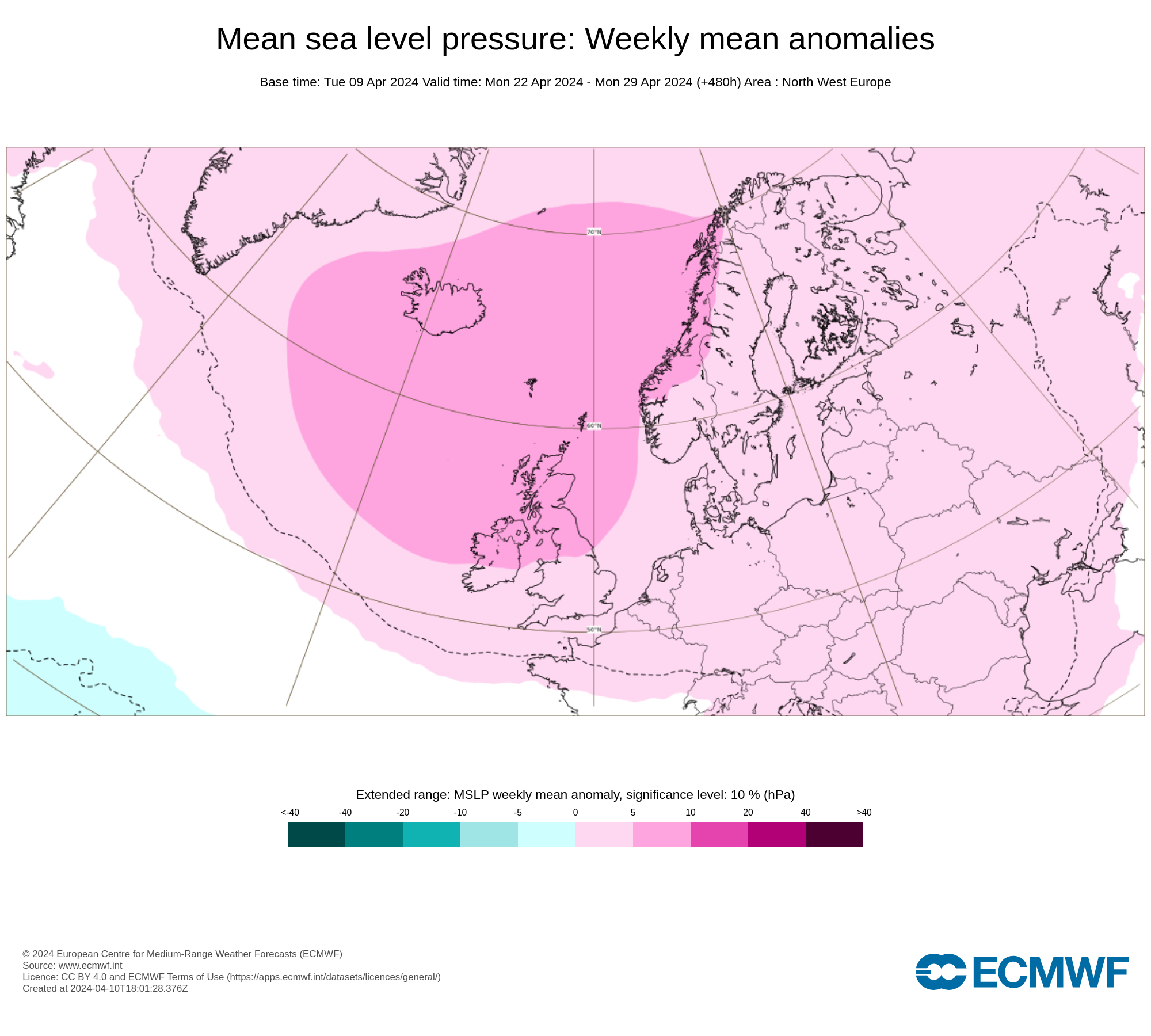crude oil has been devastating Brazil’s beaches for at least three months
CLEANING People work to remove oil from beaches in the Pernambuco state in October. Photos by Reuters/Teresa Maia
Reuters report for the past three months, thick crude oil blobs have washed up on beaches along more than 4,400 kilometers (2,700 miles) of Brazil’s coastline, mangroves and reefs in the worst oil spill in the country’s history. The exact date the oil first reached Brazil’s shores is unclear, but government reports point to August 30.
As of December 18, the oil had polluted more than 950 beaches, including some of the country’s most famous, such as Porto de Galinhas, in the state of Pernambuco, and Praia do Forte, in Bahia. The sludge had reached 127 municipalities and 11 states, according to the federal environmental agency Ibama. An estimate of 5,000 tonnes of oil have been removed but new areas continue to be affected.
Lab tests conducted by the Brazilian Navy indicated that the oil washing ashore shared the same properties as crude originating from Venezuela. Caracas and state oil firm PDVSA have denied any involvement in the spill.
Despite identifying the oil’s characteristics, authorities and experts were unable to identify the origin of the spill. An unproven prevailing theory is that the oil came from a botched “ship-to-ship” transfer when oil was piped between ships at sea.
continues below
Tracking the oil is especially difficult because the oil is heavy crude so dense that it does not float. Instead, it travels below the water’s surface, making it almost impossible to gauge the full scale of the spill.
“Because the oil doesn’t appear on satellite images, we can’t predict the areas it’s going to affect,” said Cristiane de Oliveira, Ibama’s environmental risk prevention and management coordinator. “This is an unprecedented incident in the world in terms of characteristics and dimension.”
In October, the engineering institute of Rio de Janeiro’s federal university Coppe conducted a study to simulate possible points of origin of the oil.
POLLUTED Oil is seen in the states of Bahia in October. Photos by Reuters/Lucas Landau (left)
Considering factors like ocean currents and winds during the 80 days before the first clumps appeared, the study identified three areas between 300 and 600 kilometers away from the shore that could be where the oil first originated. Researchers are comparing that information with ship tracking data but have not released findings.
Recent studies conducted by the Brazilian National Institute for Space Research (INPE), however, indicate that the oil would have moved from the coast of southern Africa in April to the Brazilian coast in September.
continues below
MOST AFFECTED ANIMALS
More than 100 animals have been found with traces of oil and more than 70% of them have died.
105 turtles
105 turtles
39 birds
13 other animals
2 marine mammals
Experts say the disaster imposes long-term consequences to the environment. UFBA’s biology institute tested 50 invertebrate animals that were exposed to the oil and found traces of the substance in all of them.
The institute’s director, Francisco Kelmo, says the contamination of these animals is extremely harmful because most of them are unable to migrate to find uncontaminated food, so they are bound to die, affecting the entire food chain.
“We do not expect a recovery in the balance of this ecosystem in less than 10 to 12 years,” Kelmo said, adding that the situation is aggravated because the oil appeared around the time when animals mate. “The damage and consequences for the coastal area and for people who depend on fishing are very serious.”
By Júlia Ledur
Click on the tabs below to view the new forecasts available under the forecast section.
2019 CALENDAR NOW ON SALE










































